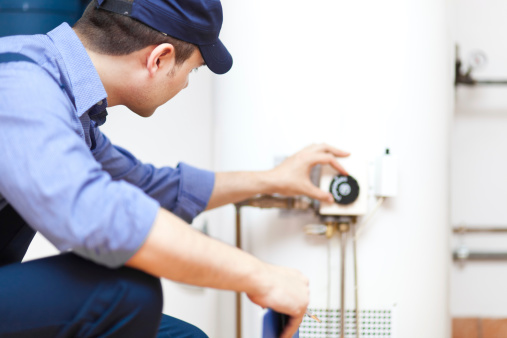Introduction:
Plumbing fixtures play an important role in every household, and they are essential for the smooth functioning of your plumbing system. Whether plumbing fixture installation & repair it is a leaking faucet, a clogged drain, or a malfunctioning toilet, plumbing fixture installation & repair is a must to keep your home or office running smoothly.
However, plumbing fixture installation repair can be a daunting task, especially for those who have no prior experience in plumbing. In this article, we will discuss everything you need to know about plumbing fixture installation and repair, including common plumbing problems and how to fix them, tips for DIY plumbing, and when to call in a professional plumber.
Common Plumbing Problems
Dripping faucets:
This is one of the most common plumbing problems that homeowners face. It is usually caused by worn-out washers or O-rings.
Clogged drains:
A clogged drain can be caused by various things, such as hair, food particles, soap scum, and mineral buildup. Plungers, drain snakes, or chemical drain cleaners can help clear the blockage.
Running toilets:
If your toilet keeps running even after flushing, it can be caused by a faulty flapper or a fill valve that needs adjustment or replacement.
Leaky pipes:
Leaky pipes can cause water damage and increase your water bill. They can be caused by old, corroded pipes or loose fittings.
Low water pressure:
Low water pressure can be caused by clogs, leaks, or a malfunctioning water pressure regulator.
Water heater problems:
Water heaters can have various problems, such as leaks, insufficient hot water, or a malfunctioning thermostat.
Sewer system backups:
A sewer backup can be caused by tree roots, foreign objects, or a damaged sewer line. It can cause water to back up into your home and result in costly repairs.
It’s important to address plumbing problems promptly to prevent further damage and costly repairs.
DIY Plumbing: Tips and Tricks
Know your limits:
It’s important to know when a plumbing issue is beyond your abilities and requires a professional plumber. Attempting to fix something beyond your skills can cause more damage and end up costing more money in the long run.
Invest in the right tools:
Having the right tools can make a big difference in your plumbing repairs. Some essential tools include a plunger, pipe wrench, adjustable wrench, basin wrench, and drain snake.
Don’t overtighten connections:
When tightening connections, it’s important not to overtighten them, as it can damage the fittings and cause leaks.
Use thread tape:
When connecting pipes, use thread tape to seal the connections and prevent leaks. Make sure to wrap the tape in the direction of the thread for the best seal.
Keep drains clear:
To prevent clogs, avoid pouring grease, oil, or coffee grounds down your drains. Use a drain strainer to catch hair and food particles.
Inspect your pipes:
Regularly inspecting your pipes can help you catch issues early and prevent major problems. Look for signs of leaks, corrosion, and damage.
Know how to shut off the water:
In case of an emergency, it’s important to know how to shut off the water supply to your home. Locate the main shut-off valve and test it periodically to make sure it’s working properly.
Remember, safety should always be your top priority when working on plumbing projects. Always wear appropriate safety gear and turn off the water supply before starting any repairs.
When to Call a Professional Plumber
Here are some situations when it’s best to call a professional plumber:
Burst pipes:
Burst pipes can cause significant water damage and require immediate attention from a professional plumber.
Sewer backups:
A sewer backup can be caused by a blockage or a damaged sewer line, and it requires specialized equipment to fix.
Water heater problems:
Water heaters can be dangerous to work on and require specialized knowledge and equipment. If you’re experiencing issues with your water heater, it’s best to call a professional plumber.
Gas leaks:
If you suspect a gas leak, evacuate your home immediately and call a professional plumber or a gas company.
Major plumbing installations:
Installing new plumbing systems or major appliances, such as a new toilet or dishwasher, is best left to a professional plumber to ensure proper installation and prevent future issues.
Low water pressure:
Low water pressure can be caused by various issues, such as a clogged pipe or a malfunctioning water pressure regulator. A professional plumber can diagnose the problem and provide the best solution.
Multiple clogged drains:
If you’re experiencing multiple clogged drains, it could indicate a bigger issue in your plumbing system that requires professional attention.
In general, if you’re unsure about a plumbing issue or don’t have the necessary skills or equipment to fix it, it’s best to call a professional plumber. Ignoring plumbing problems can lead to costly repairs and potential safety hazards.
Conclusion
Plumbing fixture installation and repair may seem daunting, but with the right tools and knowledge, it can be done
